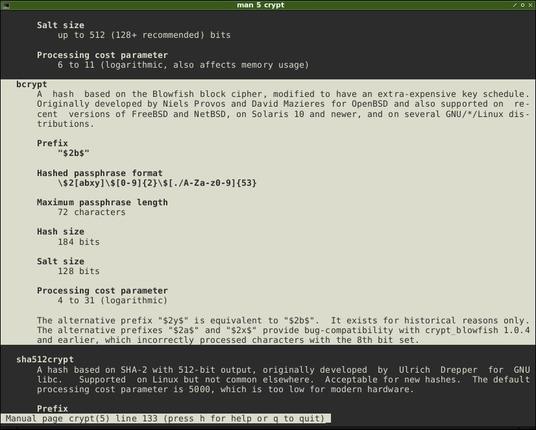@jadi This "#OpenBSD is secure!" claim always annoyed me a lot, mainly because it doesn't tell anything: #Security in IT can only ever be defined in a context of #threat models. Without that, it's meaningless. Somewhat recently, I discovered this:
https://isopenbsdsecu.re/
I should warn it uses some sarcasm and other confrontative language in some parts, unfortunately. But it seems to be a pretty professional analysis and assessment of (mostly) the "mitigations" OpenBSD provides in an attempt to counter "typical" attacks by at least making them harder.
I should also add that I consider this a very interesting and helpful read, and still consider OpenBSD a great project that came up with lots of great stuff (I recently used their #bcrypt code after doing some research on password hashing, for example). And I don't agree with every single criticism on that page either. I just think it's important to build assessments whether something "is secure" on a serious analytical foundation.





